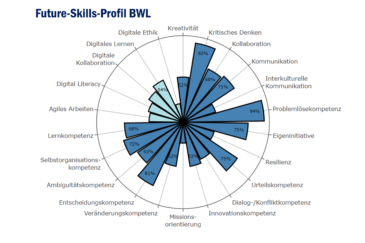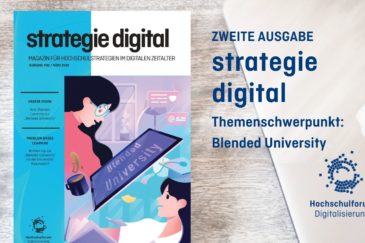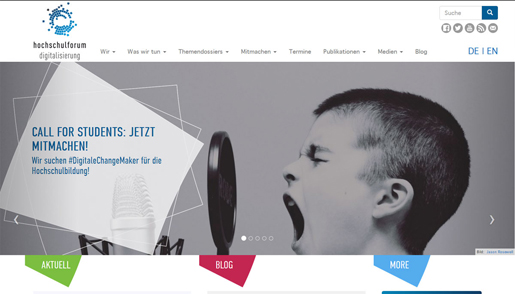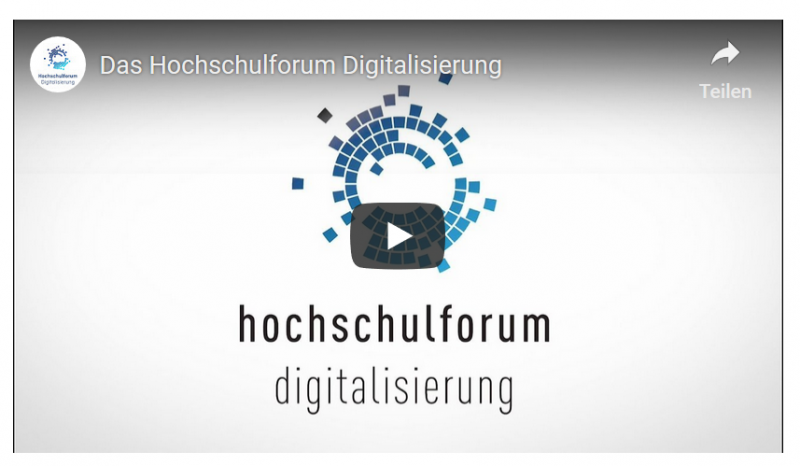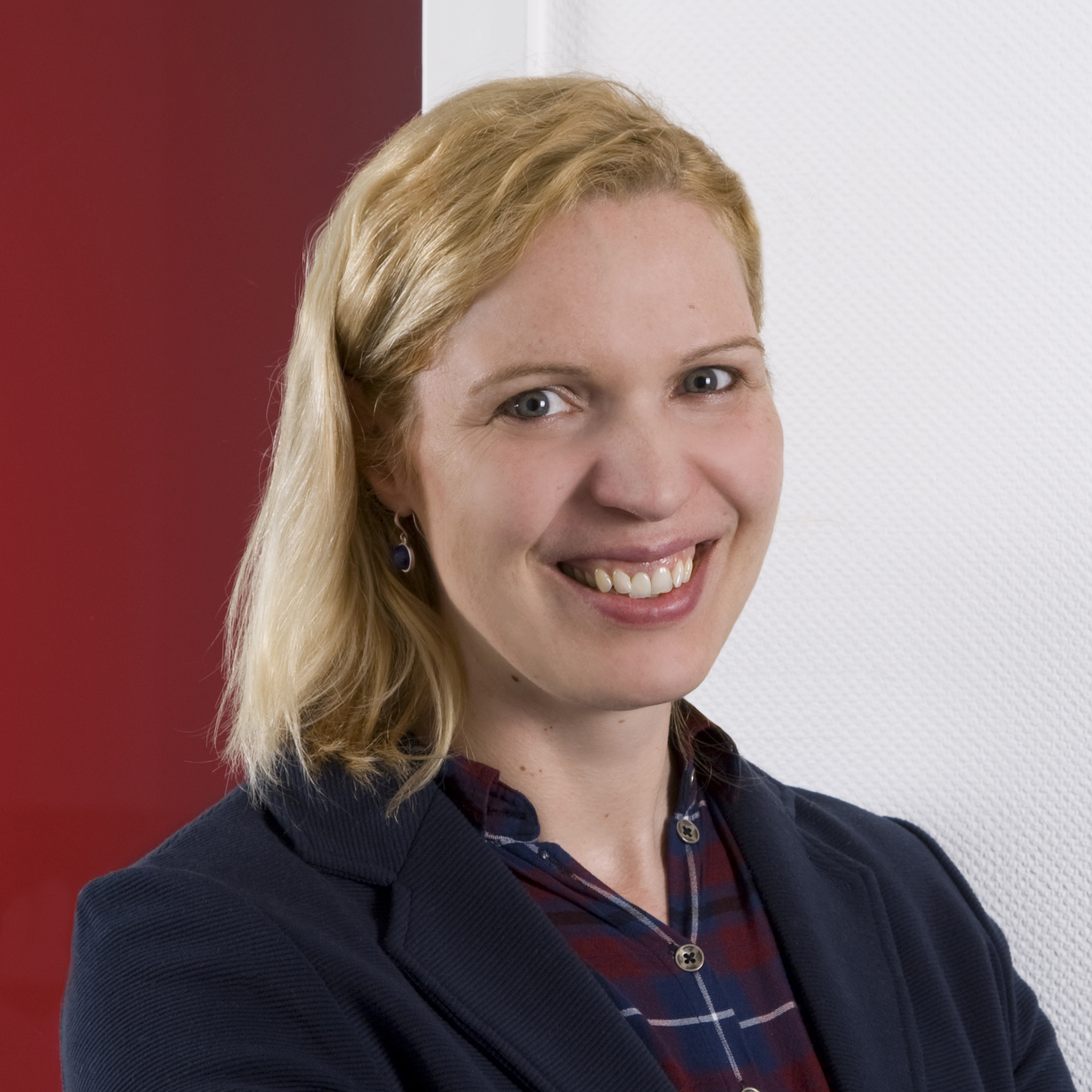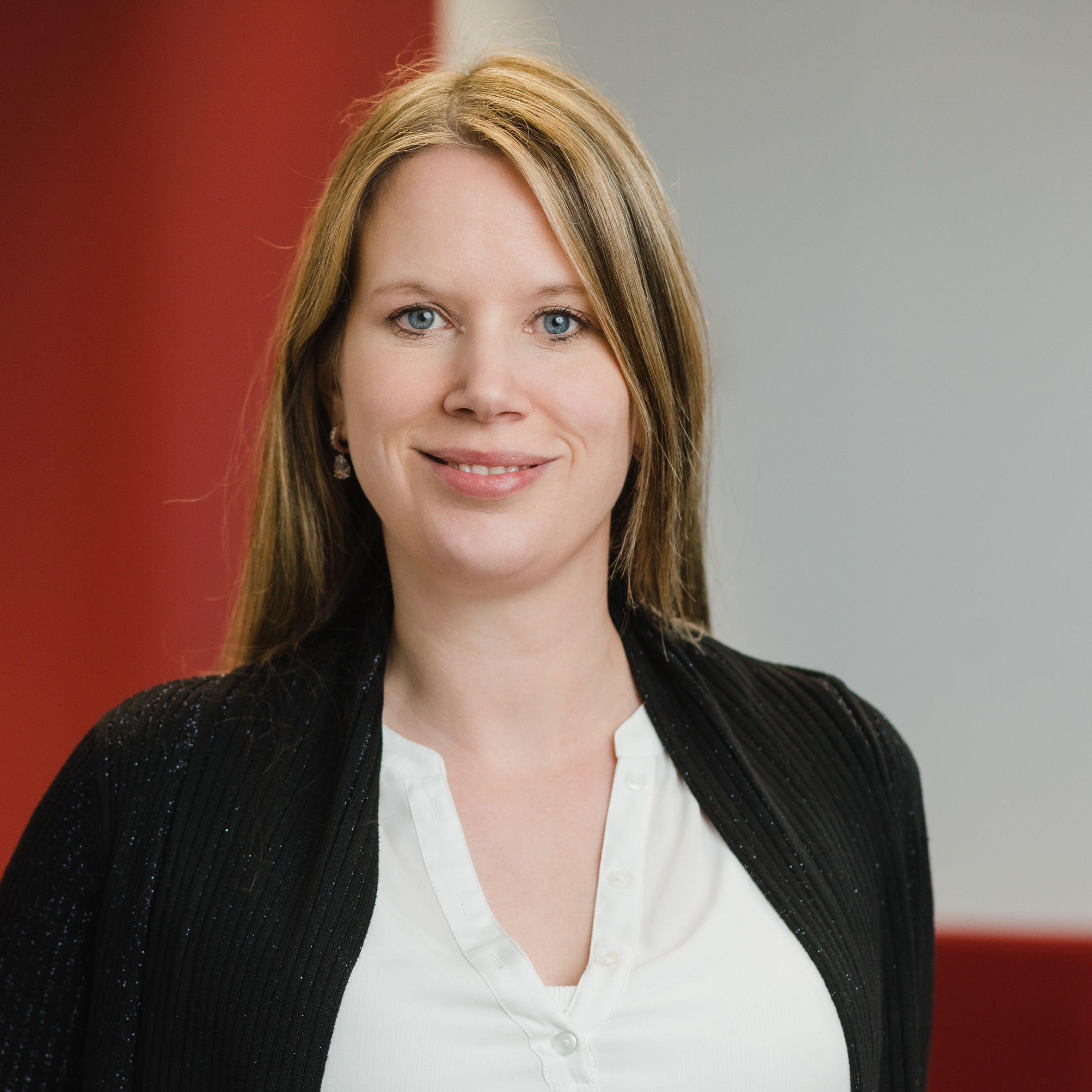A brief exchange of messages with fellow students on WhatsApp, a quick introduction to a presentation via YouTube or an online search at the library – digital technologies are an essential element of everyday student life. This is particularly the case in summer semester 2020. Measures and concepts for digital teaching are currently helping to ensure that classes can be maintained extensively.
As a result, the coronavirus crisis has led to a drive to digitalisation at HEIs in Germany and throughout the world. To avoid a risk of infection, HEIs are compelled to switch to digitalised versions of established processes such as teaching. It provides a great opportunity for evolving digitalisation in higher education.
CHECK - Digitalisierung an deutschen Hochschulen im Sommersemester 2020 17. July 2020 788.58 KB 30411 downloads
Friedrich, Julius-David: CHECK - Digitalisierung an deutschen Hochschulen im Sommersemester...The wheel does not have to be reinvented at 400 HEIs
Whereas in the past, it was usually only pioneering HEIs and lecturers who dealt intensively with issues related to digitalisation, now there is hardly a stakeholder in higher education that can get round the topic. Nevertheless, the digitalisation process must not come to a halt with the introduction of rapidly implemented stopgap measures.
It is not possible for HEIs to switch to digital teaching in all areas overnight. Some HEIs are lacking in the necessary infrastructure, and not all lecturers and students are familiar with the digital options now open to them. At the moment, it is a balancing act between providing a quick response and designing high-quality online teaching. Now is the time for finding out what gives added value in times when classroom teaching will once again be possible. Not everything will pass the test and endure beyond the COVID-19 pandemic. But to do nothing for fear of failure is not an alternative at present.
Stakeholders are able to share experiences and learn from each other via the Hochschulforum Digitalisierung. Relevant approaches, opportunities to share ideas, and sources of inspiration are available on the Hochschulforum Digitalisierung (HFD) website. The HFD has created a special page covering all activities in the coronavirus pandemic.

But what is the meaning of higher education in the digital age?
The fact is that education is something human; it is not – and will never be – digital. Technologies are unable to take the place of key interpersonal areas of higher education. In a highly pluralised and digitised world, lecturers – as people – are all important, placing things in context, giving students feedback and the opportunity to reflect, and taking pedagogical and didactic decisions.
At the same time, however, digital media are able to support teaching and learning processes and offer inspiration for new forms of teaching, such as in the areas of knowledge transfer and collaboration. A growing number of teaching staff members are also gaining experience in the use of digital technologies for examinations and advisory services. But it soon becomes clear from the example of digital examinations that the basic preconditions, such as entrenchment in examination regulations or technical equipment, must be created at university management level.
Developing university strategies for a digital age
It is important that university management strategically addresses the topic of digitalisation in order for it to become sustainably embedded in the system and for the customised development of support structures. Digitalisation may help in solving fundamental challenges. And yet there is no one-size-fits-all solution for all HEIs. On the contrary, each individual higher education institution must reflect on the digitalisation of teaching and study as a strategic issue.

The HFD supports higher education institutions (HEIs) in the strategic anchoring and the use of digitalisation in teaching, and joins forces with them to develop future-oriented scenarios for HEIs in the digital age.
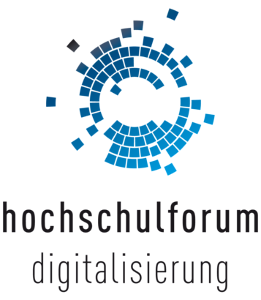
It offers HEIs peer-to-peer consulting to help them elaborate and implement their own strategies for university teaching in a digital age. Besides receiving strategic consulting, the HEIs, selected by a jury, will network with each other and with other HEIs during workshops and conferences.
For more information, visit hochschulforumdigitalisierung.de/de/strategien-hochschulbildung-digitales-zeitalter
The Hochschulforum Digitalisierung was founded in 2014 to provide impetus and information, and to bring together actors from universities, politics, business and society. It is a joint initiative by Stifterverband für die Deutsche Wissenschaft, the CHE Centre for Higher Education and the German Rectors’ Conference (HRK). The HFD is financed by Germany’s Federal Ministry of Education and Research.
Warning: Trying to access array offset on false in /var/www/vhosts/che.de/dev.che.de/wp-content/plugins/rs_addons/inc/vc_addon/rs_blog.php on line 385


